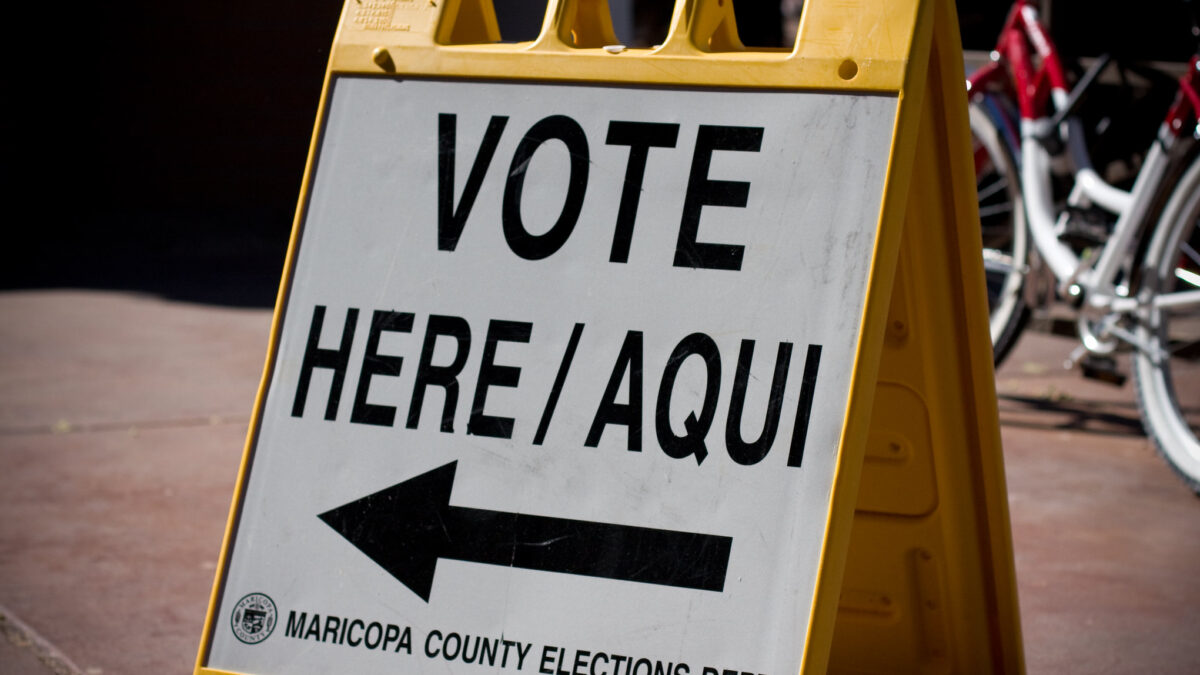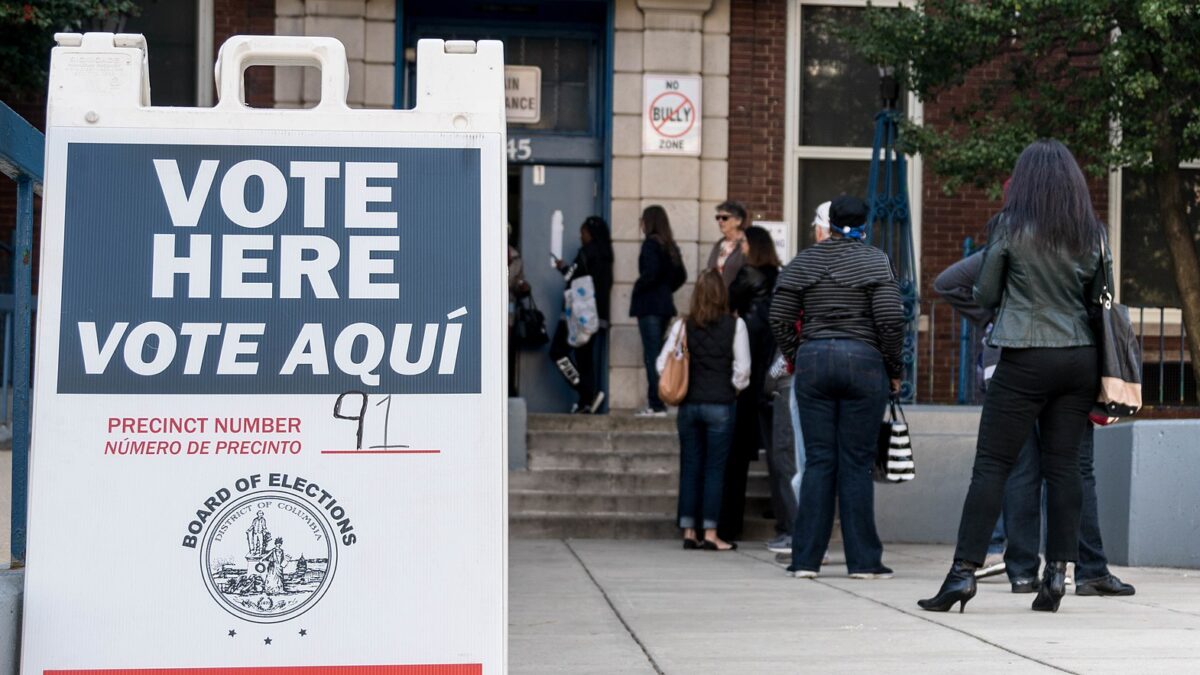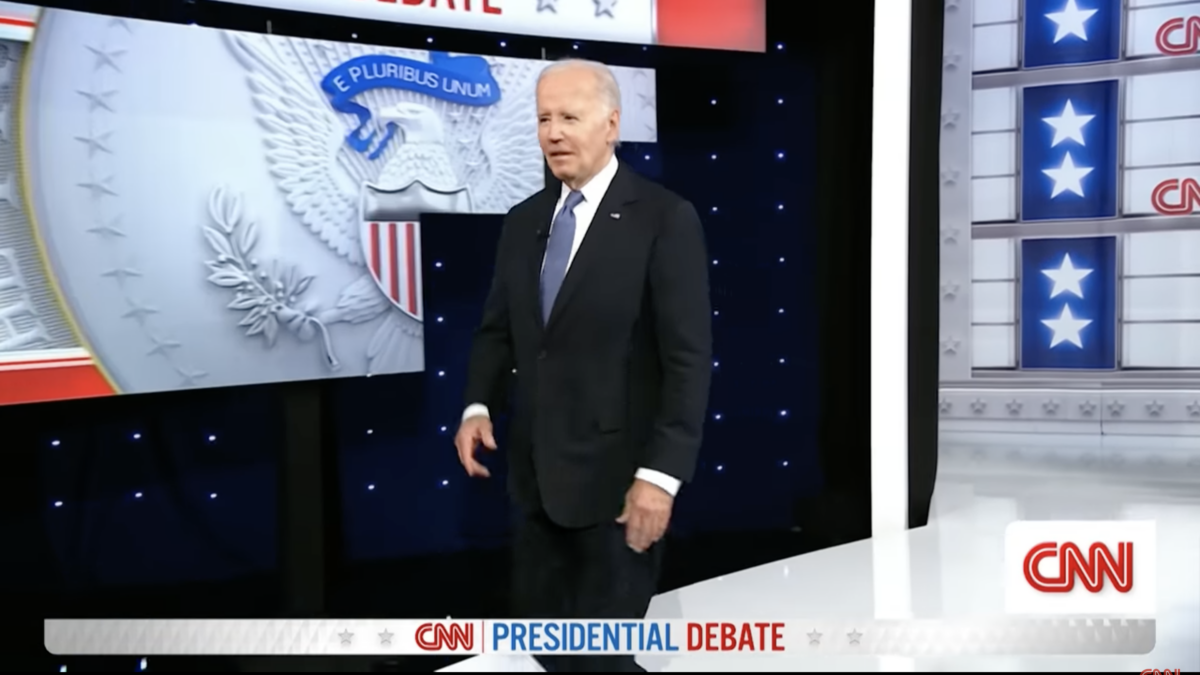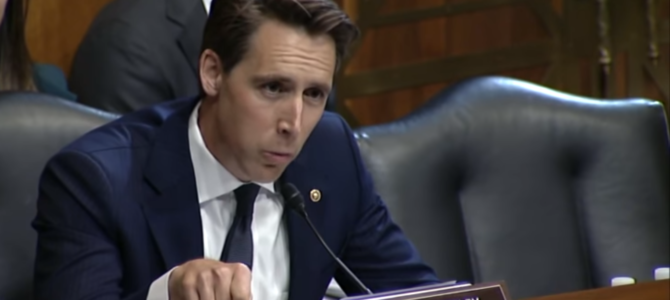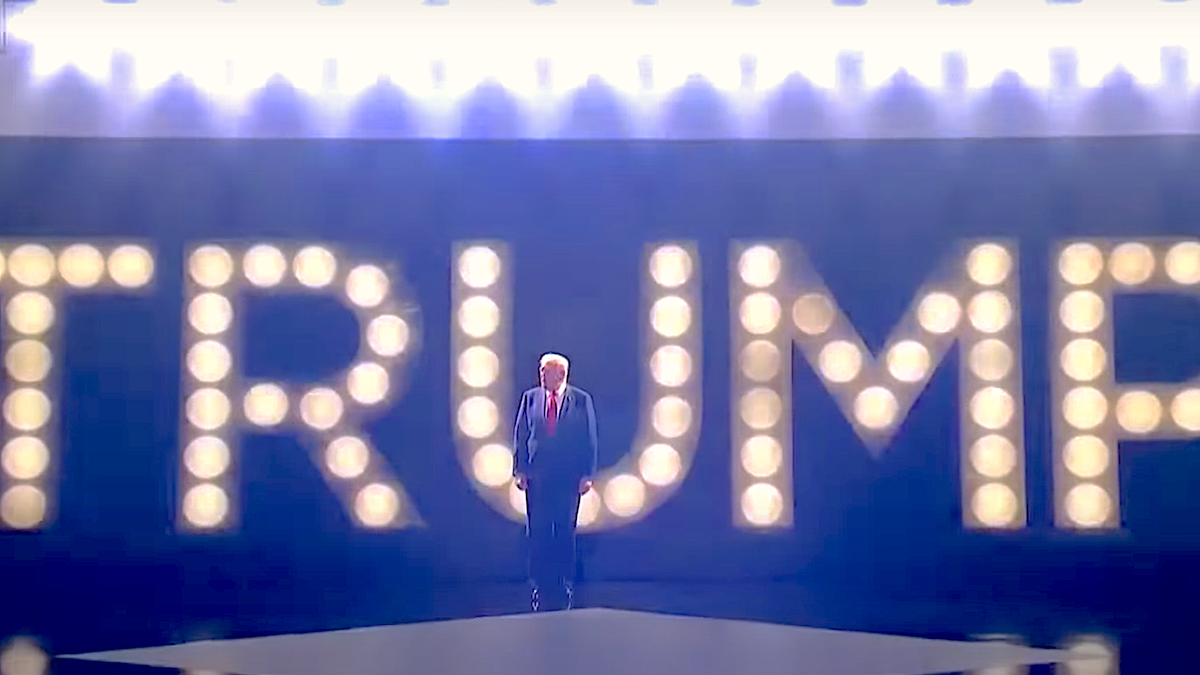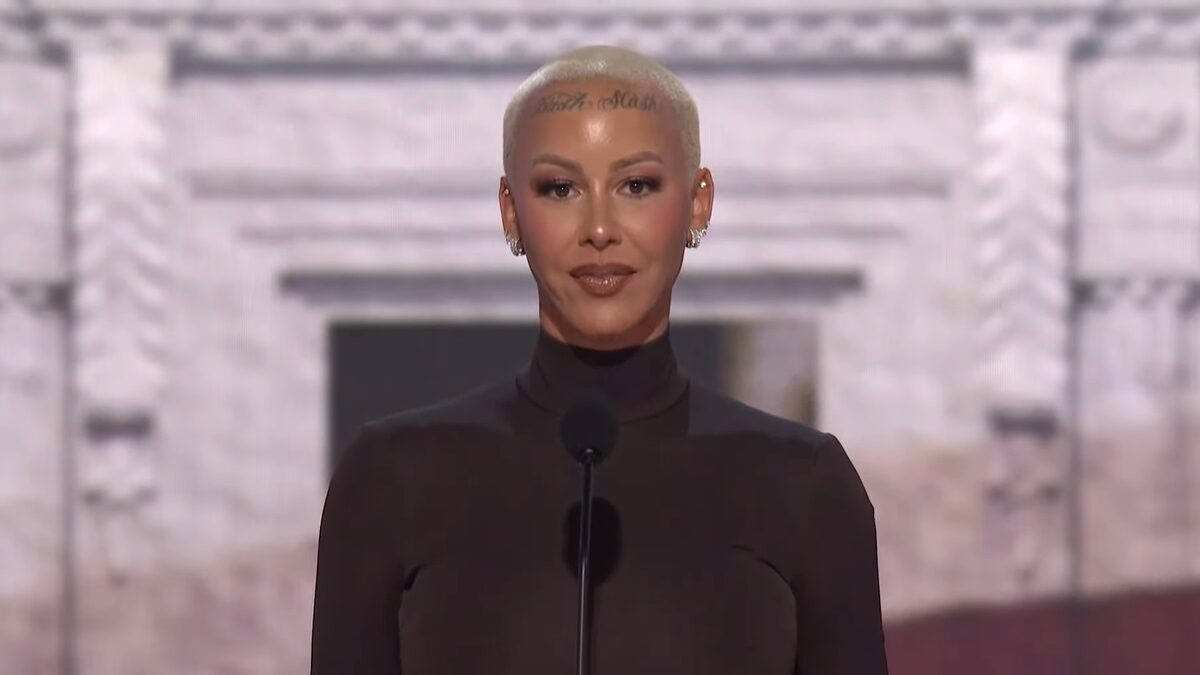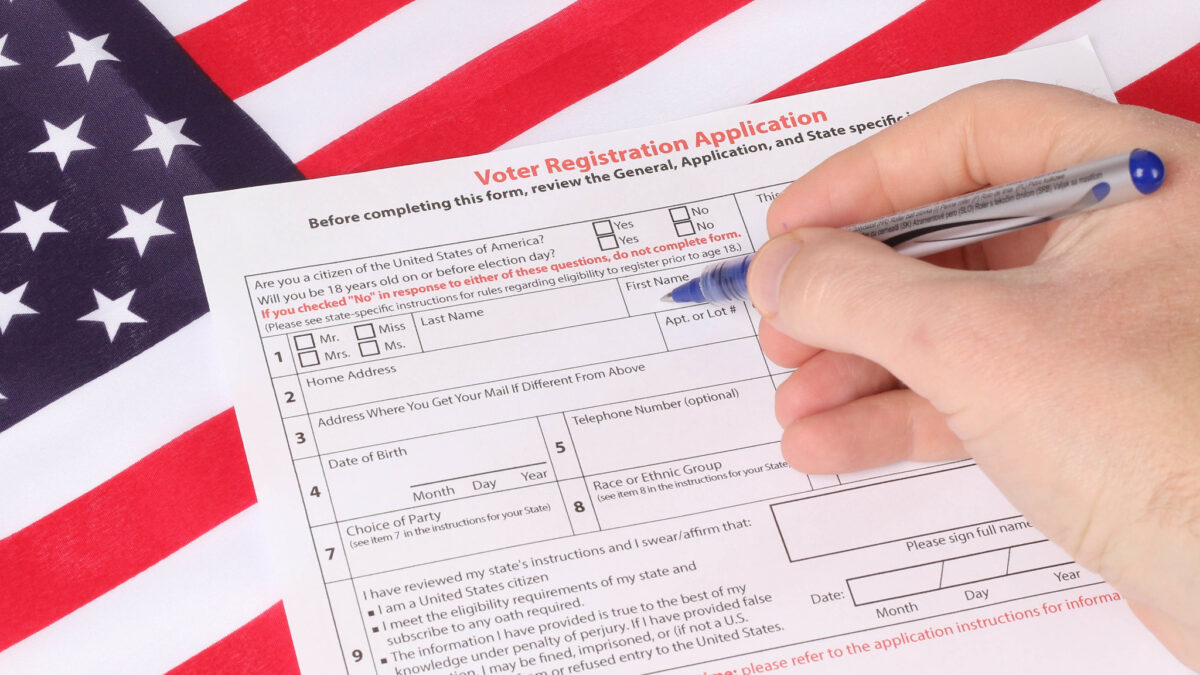
A federal judge on Thursday acknowledged Arizona’s interest in keeping its voter rolls free of noncitizens, while simultaneously hampering laws designed to do just that.
“Considering the evidence as a whole, the court concludes that Arizona’s interests in preventing non-citizens from voting and promoting public confidence in Arizona’s elections outweighs the limited burden voters might encounter when required to provide” documentary proof of citizenship, wrote U.S. District Judge Susan Bolton, disagreeing with the attempt by President Joe Biden’s Justice Department to paint Arizona election integrity laws as “discriminatory.”
But at the same time, Bolton struck down or handicapped a handful of Arizona laws designed to ensure that only Arizona citizens are on the state’s voter rolls, including a provision of H.B. 2243 that directed county recorders who have “reason to believe” voters are not citizens to investigate, and potentially remove, those individuals from the voter rolls.
The state law required the county recorder to compare persons “who are registered to vote in that county and who the county recorder has reason to believe are not United States citizens and persons who are register to vote without satisfactory evidence of citizenship as prescribed by Section 16-166 with the [SAVE] Program maintained by the United States Citizenship and Immigration Services to verify the citizenship status of the persons registered.”
Bolton ruled that because the SAVE database only covers naturalized citizens rather than native-born citizens, it violates the National Voter Registration Act and Civil Rights Act. Arizona may, however, still investigate “registered voters who have not provided” documentary proof of citizenship.
Bolton also ruled that Arizona “may not reject State Form registrations that lack an individual’s state or country of birth,” arguing that “county recorders do not use birthplace information to determine an applicant’s eligibility to vote, nor do county recorders need birthplace to verify an applicant’s identity.”
Additionally, the ruling reinforced a 2018 consent decree that individuals who fail to provide documentary proof of citizenship (DPOC) on the state form must then be registered as “federal only” voters, rather than have their registration applications rejected completely. Bolton expanded that decision to include individuals who fail to provide proof of residency for the state form.
In September, Bolton had struck down Arizona statutes requiring DPOC to vote in presidential elections and to vote by mail.
Republican National Committee spokesman Gates McGavick said in a statement to The Federalist that the RNC would appeal the decision.
“Arizona has some of the strongest laws on the books to protect against noncitizens voting in elections, which is why the Biden Justice Department and left-wing activist groups filed eight lawsuits challenging them,” McGavick said.
“The federal court’s decision in these cases yesterday and in September striking many of these provisions down undermines election integrity and voter confidence in elections.”
Arizona Has Seen a Massive Spike In Federal Voters With No Proof of Citizenship
Arizona voters approved Proposition 200 in 2004 that required documentary proof of citizenship and photo identification to vote. Several challenges from left-leaning organizations arose and the case made its way to the Supreme Court.
The high court ruled 7-2 in 2013 that states could not require proof of citizenship to register to vote in federal elections. As my colleague M.D. Kittle explained:
States must ‘accept and use’ the standardized federal voter registration form for national elections under the 1993 National Voter Registration Act (NVRA). The NVRA form, developed by the federal Election Assistance Commission, does not require proof of citizenship. It only asks that an applicant ‘aver, under penalty of perjury, that he is a citizen.‘
But the late Justice Antonin Scalia did say states “retain the flexibility to design and use their own registration forms.”
Arizona responded by allowing voters who registered using federal voter registration forms without providing documentary proof of citizenship (DPOC) to register as “federal-only” voters, who are only eligible to vote in presidential and congressional races. Arizona required DPOC for voters who registered using the state registration forms. However, in 2018 the state “was forced to not only accept federal-only applications lacking proof of citizenship but also grant a federal-only registration to applicants who used a state form but couldn’t provide proof of citizenship,” as Kittle noted.
Scot Mussi, president of the Arizona Free Enterprise Club, said the pause in proof of citizenship saw an “explosion of federal only voters.”
During the 2018 midterm roughly 1,700 people in Arizona voted using a federal-only ballot. That number was 11,600 in 2020, according to AZ Free News.
President Joe Biden won Arizona by 10,457 votes.
Republicans in the state legislature responded by passing two election integrity bills that, among other things, require DPOC for voting in presidential elections and require county recorders to reject any applications using the state forms that do not include DPOC.
The Biden Department of Justice (DOJ) sued the state and argued Arizona’s DPOC requirement contradicted the 2013 Supreme Court decision and NVRA. That case was combined with a handful of cases brought by leftist groups, and the laws’ enforcement had been blocked while parties awaited Thursday’s decision.


